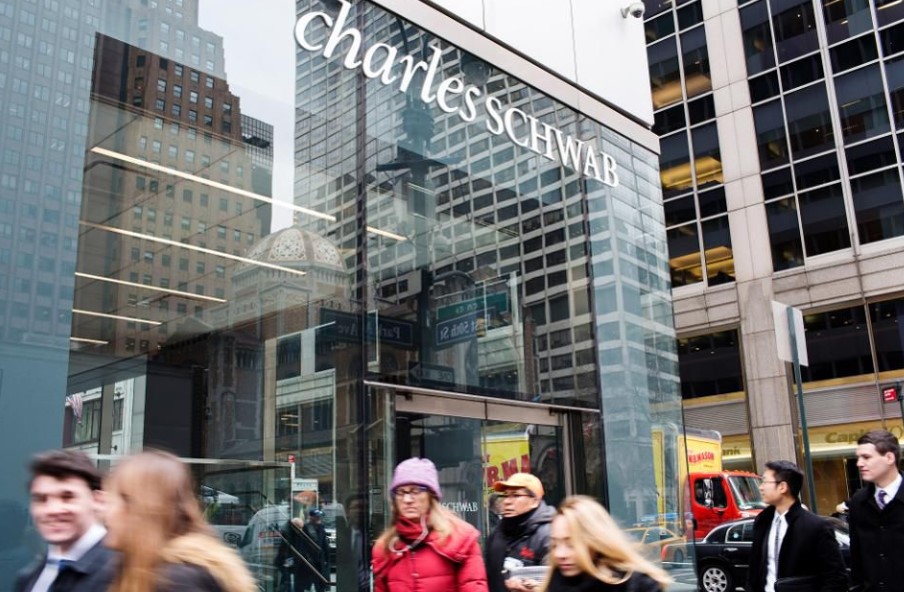
Most retirement plans, such as 401(k)s, typically lock you into a plan that offers a small selection of mutual funds for the participants to invest in.
However, more retirement plans are letting participants have a brokerage account within the plan. This allows investors to invest outside the plan’s investment offerings, and put their money into any mutual fund, exchange-traded fund, stock or bond they choose.
Among these self-directed brokerage accounts (SDBAs) only 20% of the participants worked with an advisor, according Charles Schwab’s SDBA Indicators Report for the second quarter of 2019. The study found that the SDBA participants who worked with an advisor had an average balance of $448,515 – nearly twice as much as the $234,673 held by non-advised participants
Somewhat surprising was that the Gen X generation represented the majority of advised accounts, with 43.9%. One would have guessed that Baby Boomers used advisors the most, but in fact they came in second, with 43%. Not surprising, was that Millennials made up just 9.7% of the advised accounts.
In non-advised accounts, participants allocated one-third of their portfolios to equities. Apple (AAPL) and Amazon (AMZN) represent nearly 17% of their equity allocation. The other top stocks purchased by participants include Berkshire Hathaway (BRK.A, BRK.B), Microsoft (MSFT), Facebook (FB), Visa (V) and Alphabet (GOOG), the parent company of Google, accord to the report.
Mutual funds were the second most-used asset class, representing approximately 32% of participant assets. The remaining assets were held as cash, ETFs or bonds.
The top mutual funds were the Schwab S&P 500 Index (SWPPX), Schwab Total Stock Market Index (SWTSX), Pimco Income (PIMIX), DFA US Core Equity (DFQTX), and the Vanguard 500 Index (VFINX).
Meanwhile, in advised accounts, the investment vehicle of choice was the mutual fund, which held approximately 50% of participant assets. ETFs were the second-largest allocation, followed by equities, cash and fixed income.
The top ETF holdings were the Vanguard Total Stock Market ETF (VTI), the SPDR S&P 500 ETF (SPY), the Schwab US Broad Market ETF (SCHB), the Schwab US Large-Cap ETF (SCHX), and the Invesco QQQ Trust (QQQ).
The report said both advised and non-advised participants held Apple and Amazon as their top stocks; however, non-advised participants were much more concentrated in these positions. Non-advised participants put more of their money into growth stocks, which can be volatile, while the ones who worked with advisors invested in more value-oriented companies.
The report also said that from the first to second quarters of this year the average SDBA account balance grew 3.3% to $276,547, and jumped 12.3% from the year-ago quarter.
Another surprise was which accounts made more trades. Advised accounts averaged 9.8 trades in the second quarter, compared with 5.7 trades by non-advised participants. Overall trading volume was very similar to last quarter and last year.
Schwab is a financial services company that offers 401(k) plans, mutual funds, ETFs and one of the largest platforms for low-commission trading. So, one needs to be aware the data comes from the approximately 142,000 retirement plan participants who currently have balances between $5,000 and $10 million in their Schwab Personal Choice Retirement Accounts. Hence, the majority of assets in Schwab funds.
The SDBA Indicators Report said it tracks a wide variety of investment activity and profile information on participants with a Schwab Personal Choice Retirement Account (PCRA), ranging from asset allocation trends and asset flow in various equity, exchange-traded fund and mutual fund categories, to age trends and trading activity.























